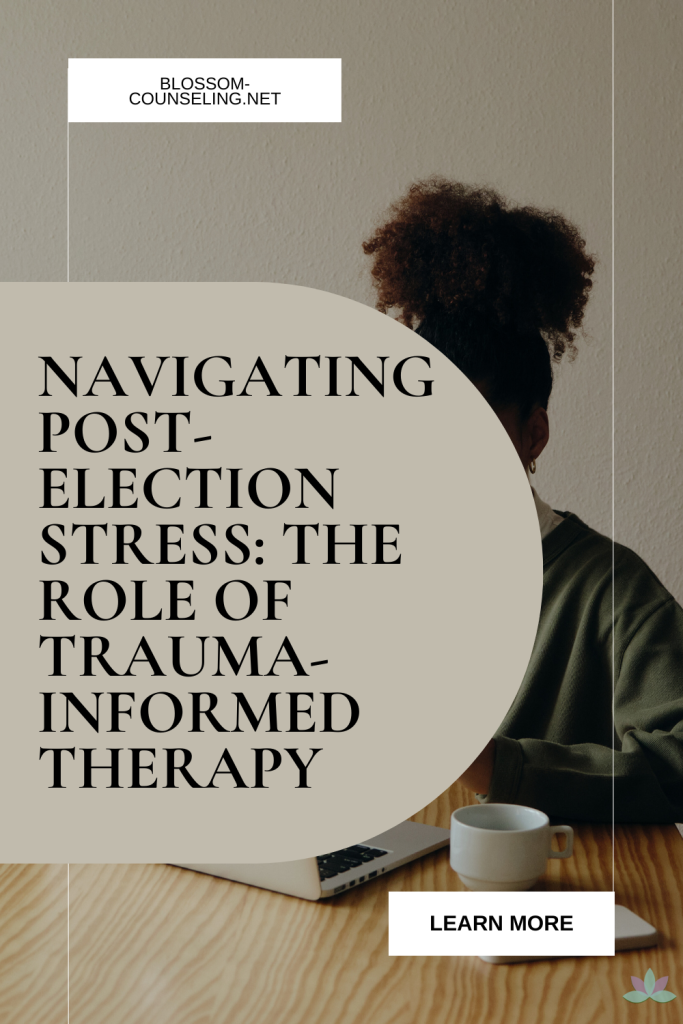
Stress is a normal part of life, but when it becomes chronic, your body can enter a state of overdrive, producing more cortisol than it needs. Often called the “stress hormone,” cortisol plays a vital role in keeping you alert and prepared to handle challenges. But when cortisol levels remain high for extended periods, it can throw your body out of balance, leading to a range of physical and emotional symptoms.
Understanding the signs of high cortisol can help you recognize when it’s time to address stress more effectively. Let’s take a closer look.
What Is Cortisol, and Why Does It Matter?
Cortisol is produced by your adrenal glands and helps regulate essential functions like metabolism, immune response, and your sleep-wake cycle. It’s a critical part of your body’s “fight or flight” response, giving you the energy to deal with immediate threats.
But here’s the catch: your body can’t distinguish between life-threatening dangers and daily stressors like work deadlines or traffic jams. When you’re constantly stressed, your cortisol production ramps up—and stays elevated.
Signs of High Cortisol
While everyone’s experience can differ, here are some common ways high cortisol can show up in your life:
1. Persistent Fatigue
Even with adequate sleep, high cortisol can leave you feeling tired and sluggish. Your body is burning through energy to stay on high alert, leaving you drained.
2. Trouble Sleeping
Cortisol should naturally decrease at night to help you relax and fall asleep. When it remains elevated, it can disrupt your sleep patterns, leading to insomnia or waking up feeling unrefreshed.
3. Weight Gain (Especially Around the Midsection)
Excess cortisol can cause your body to store fat, particularly around your abdomen. It also triggers cravings for sugary or fatty foods, compounding the issue.
4. Anxiety and Irritability
High cortisol can overstimulate your nervous system, making you feel jumpy, restless, or more irritable than usual. Even small inconveniences might set you on edge.
5. Difficulty Concentrating or Brain Fog
When cortisol levels are chronically high, your brain may struggle to function optimally. You might notice forgetfulness, difficulty focusing, or feeling mentally “foggy.”
6. Lowered Immunity
Cortisol suppresses your immune system when it’s consistently elevated, making you more susceptible to colds, infections, or even slower recovery times when you’re sick.
7. Skin and Hair Changes
Stress-related hormones can impact your skin and hair. You might notice acne breakouts, dry skin, or hair thinning if cortisol levels are high for too long.
8. Muscle Weakness or Pain
Excess cortisol can break down muscle tissue over time, leading to unexplained weakness or persistent aches.
Why It Matters
The symptoms of high cortisol aren’t just nuisances—they can take a toll on your overall health. Over time, prolonged cortisol elevation can increase the risk of developing conditions like high blood pressure, diabetes, or chronic anxiety disorders.
Learning to recognize these signs is the first step toward managing your stress levels and finding balance. Stress is unavoidable, but understanding how it affects your body empowers you to take proactive steps to care for yourself. With the right tools and support, you can get your cortisol back on track and feel more in control of your well-being.
Our team of compassionate therapists is here to help you find the support you need. We believe in a holistic approach, treating your mind, body, and spirit. With a blend of traditional and alternative therapies, we tailor your experience to meet your unique needs. At Blossom, we create a non-judgmental space where you can be your authentic self. Our goal is to empower you, amplify your strengths, and help you create lasting change. Together, we’ll navigate life’s challenges and help you bloom, grow, blossom! You deserve to become the best version of you.




